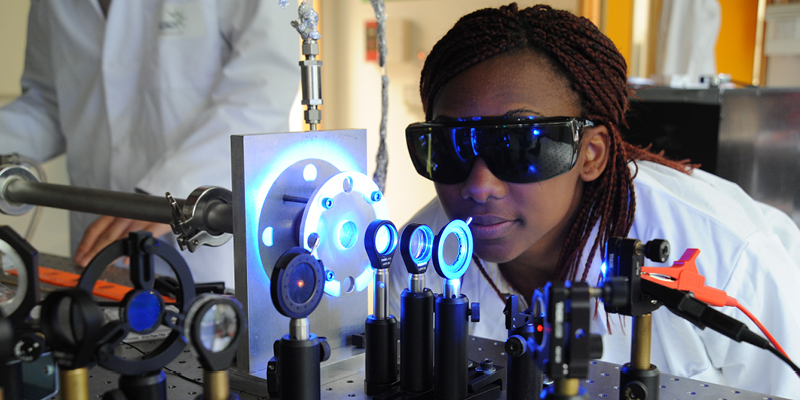In This Section
- Home
- About the College
- Governance
- College Committees & Steering Groups
- College Assembly
- College Council
- College Executive Management Committee
- College Academic Programmes and Curriculum Development Committee
- College Graduate Studies Committee
- College Research & Innovation Committee
- College Teaching Learning and Student Experience Committee
- College Student Recruitment and Outreach Committee
- College Sabbatical Research Leave Committee
- College of SEFS Adjunct Appointments Committee
- International Education Committee
- College Postgraduate Student Committee
- Athena SWAN Steering Group
- College Committees & Steering Groups
- Human Resources
- UCC STEM Awards
- Scholarships and Prizes
- Women in STEM Panel Talks
- Inaugural Professorial Lectures
- Athena SWAN in SEFS
- Proposal Calls
- Contact Us
- Science in Society Public Lecture Series
- Governance
- News
- Staff
- Schools and Departments
- Current Students
- Undergraduate Courses
- Postgraduate Courses
- International Students
- Research and Innovation
- Employability and Careers
- Outreach and Public Engagement
- Science Week
- Transition Year Programmes
UCC conference to discuss new technological advances for monitoring air pollution

A two-day symposium on ‘Innovative measurement techniques for trace gases and radicals’ took place on 9 and 10 January at UCC.
It brought together a multidisciplinary group of academics and industry experts from around Europe who exchanged know-how on state-of-the-art technologies for identifying hard-to-detect trace gases and atmospheric radicals.
The event is based on two UCC projects: the EU-funded RADICAL network, which aims to develop innovative, low-cost sensors for detecting atmospheric radicals to improve air quality monitoring, and the Research Ireland-funded AtmoTrace award, which seeks to develop cutting-edge optical detection instruments for various lab and field applications in trace gas sensing. The symposium, jointly organised by UCC’s Schools of Chemistry and Physics, united an interdisciplinary mix of experts from different scientific background using distinct approaches to trace gas sensing.
While research on new materials and surface reactions enable the development of low-cost, compact and lightweight smart detectors that can be deployed on a global scale, research in photonics and spectroscopy are key to create the ultimately most sensitive and selective radical detection instruments. Bringing these novel research areas together will help scientists to find new innovative approaches to better monitor radical and trace gases and to model their role in air quality and climate change. There are also many new applications conceivable in manufacturing, health, and chemical industries.
The symposium marks the end the RADICAL project, led by UCC scientists for the past four years. This international project has successfully developed an innovative, electronic sensor for detecting atmospheric radicals to improve air quality monitoring.
Professor Justin Holmes, PI on RADICAL, School of Chemistry said:
“Short-lived atmospheric radicals are believed to play a key role in air quality cycles. By directly monitoring their concentrations at local, regional and global levels, scientists will have a greater ability to predict and control air quality, ultimately improving the quality of life for citizens. We are excited to discuss the latest discoveries in this field at the symposium.”
“Unlike traditional lab-based techniques for detecting radicals, the RADICAL sensor is low-cost, small, and able to be deployed on a global scale. This will help scientists better monitor and model the role of radicals in air quality and climate change.”
Along with materials and atmospheric chemists from the RADICAL project, physicists from the UCC-led AtmoTrace project are co-hosting this event.
Speaking in advance of the event, Professor Andy Ruth, PI on AtmoTrace, School of Physics commented:
“Many trace species can have a large influence on climate, despite their very low concentrations. For example the ozone layer in the upper atmosphere, which shelters all life on this planet from hard UV radiation, can be significantly depleted if trace amounts of the “wrong radicals” are transported to or formed at high altitudes. Only with ultra-sensitive technologies can we monitor and understand the processes that potentially influence our future climate. It will be fantastic to have some of the world-experts in this area at UCC in January to discuss the newest developments.”
A key highlight of the event was a showcase of UCC’s new Irish Atmospheric Simulation Chamber. This custom-built facility is specially designed for investigating atmospheric processes, as well as testing and developing new atmospheric measurement techniques. Researchers from around the world can apply for access to this state-of-the-art facility in Cork through the ACTRIS network of atmospheric research facilities.
The World Health Organization (WHO) has described air pollution as the ‘single biggest environmental health risk’, with an estimated 400,000 premature deaths in Europe attributable to poor air quality every year. By bringing together chemists, physicists and other scientists who are working on similar research challenges with different techniques, this symposium was a unique forum for tackling and advancing the challenge of air quality monitoring.
College of Science, Engineering and Food Science
Coláiste na hEolaíochta, na hInnealtóireachta agus na hEolaíochta Bia
Contact us
Block E, Level 3, Food Science Building, UCC, Cork, T12 YN60.
